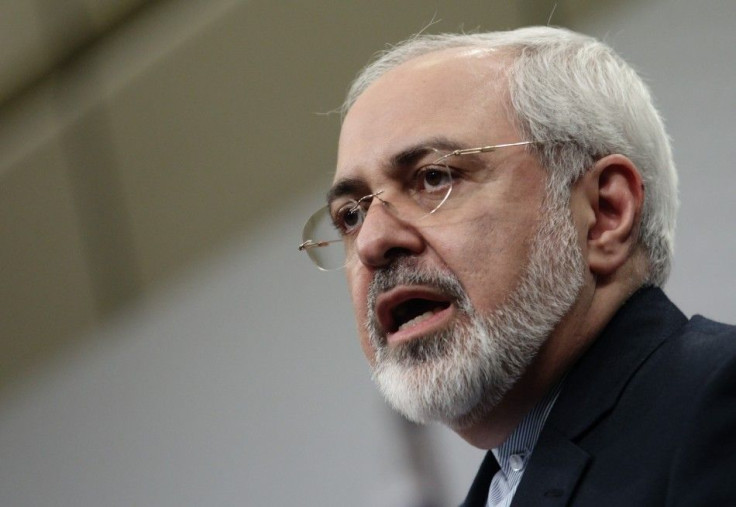Iran's Nuclear Deal Faces Slight Tension: Iran Minister Holds Back in Negotiations

A few days ago Iran was reported to have finally resolved its long term dispute with world powers about the planned nuclear plant that can generate weapons-grade materials. A delay in the negotiations are imminent because of the 6 countries fear that Iran might make use of the plant for nuclear weapons. Also, the peace talks were slowed down when the side of Iran won't simply agree to all the 6 countries' demands.
Iran has initiated the nuclear program for the development of power generation, research and production of isotopes for medicine and agriculture - all for peaceful purposes. They are also pushing for the peaceful agreement with the world powers so to end or relieve major sanctions imposed by Western countries, like limited oil exports, blocked access to international banking, all of which are major factors to the plummet in Iran's economy. They were being sanctioned by Western countries up until now for their past nuclear activities.
The peace talks may not finish so easily as wished by the "P5-plus-1" group (composed of countries United States, Russia, China, Britain, France, and Germany), as it is still set to conclude the nuclear deal July 20, but may even extend talks to six more months.
In a recent report, the nuclear deal negotiations seem to traverse a positive direction. "Salehi said the 80% reduction in plutonium production capability at Arak had been "welcomed" by the six countries engaged in talks with Iran about its nuclear program: the United States, Russia, China, Britain, France and Germany.", said Ali Akbar Salehi, in a report by Ramin Mostaghim and Patrick J. McDonnell of Los Angeles Times.
A little tension may break the streak of the peace talks. In news from New Straits Times posted April 22, Iranian Foreign Minister Mohammad Javad Zarif kept solid resolve in not accepting everything demanded of them by the 6 countries. Going through this phase, Zarif said Saturday in a state television, "We have now entered a very difficult stage", as reported New Strait Times.






